

Ask us about our favourite Game Boy Advance titles now, a good couple of years since anything meaningful was released for the machine, and we’d probably list WarioWare and WarioWare: Twisted! among our top five. Two titles from the same development team, including one game that never even made it to this country. But arguably better than either of those – and from that same team again, is Rhythm Heaven, a game you can literally play with your eyes closed.
Rhythm Heaven is ‘WarioWare: The Musical’ – a series of quirky two-minute challenges synchronised to a bunch of unforgettable tunes, controlled entirely by tapping a button in time with the beat. Translating that simplicity to the touchscreen and stylus can’t have been an easy task, and this sequel introduces something we never had to contend with in the original – namely frustration induced by fiddly controls.
The DS is held in book format, with all the action on the left and the empty touchscreen used as the control surface. There are three actions you can perform with the stylus: tap the screen quickly, hold the stylus in place and lift it without moving, or slide and lift in a flicking motion. When it works, which is most of the time, it’s slick and satisfying. But every so often there’ll be a moment when we could have sworn we’d done the right motion but it didn’t register properly, causing us to fail one of the minigames. Normally we could put it down to cack-handedness, but it happens on a regular basis and it’s not like we were rubbish at the original. Whatever the cause, there’s no way we could ever close our eyes and drift off into rhythm heaven with this version.
It can be ridiculously picky when it comes to what it accepts as a perfectly timed motion, and we’ve had to take the cheaty option and simply give up after repeated control-induced failures on certain minigames. The game offers you a steaming cup of coffee when it senses you’re about to snap the DS in half. Select that icon and you get warped past the cause of your irritation. The original game has the same feature too, but we never once had to use it, and never once did we blame the controls for the many occasions when we made a hash of a minigame.
Despite this not insignificant flaw, Rhythm Heaven is still extremely hard to dislike. When the minigames are on top form, they’re as good as many of the ones you’ll find in the original game or in any previous WarioWare, and there are some real gems to discover. Our favourites are the ones where the touchscreen controls, the music and the graphics merge into a seamlessly integrated whole. That classic WarioWare strangeness is present in games where angry monkeys dance in front of a winsome pop idol, synchronised swimmers pop out of the water on a dolphin’s back and scientists shake bottles to make hearts float into a paper bag.
At the end of each block of four minigames there’s a longer remix that incorporates elements from the quartet you’ve just played and showcases a more elaborate piece of music, usually with a different time signature to confuse you. The characters from the normal versions of the games crop up in their weekend clothes, and there’s a nice party feel about it. Ace one of these and you’ll be doing well – like the rest of the game, the remixes are far more difficult than their GBA equivalents. Sadly, there’s no multiplayer option, but the cart will store three profiles, allowing you to compare scores with a couple of other rhythm fans in your family.
Apr 6, 2009
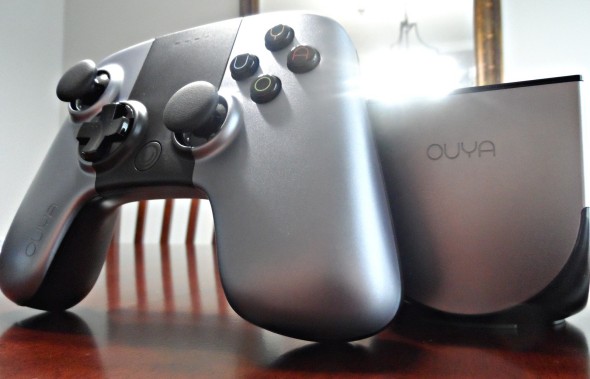

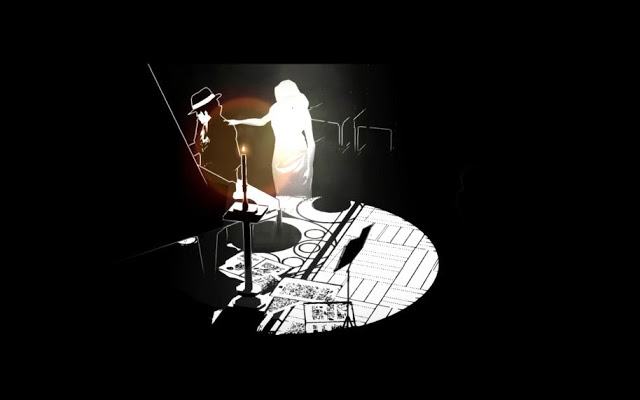

 Sniper Elite III Complete Walkthrough for All Chapters, System requirements and Features
Sniper Elite III Complete Walkthrough for All Chapters, System requirements and Features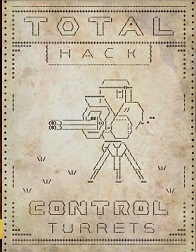 Fallout 4: Total Hack magazines locations
Fallout 4: Total Hack magazines locations Mario Kart 8 Shortcuts
Mario Kart 8 Shortcuts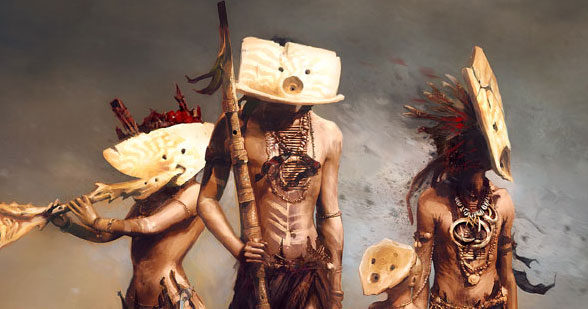 From Dust Review Round-Up
From Dust Review Round-Up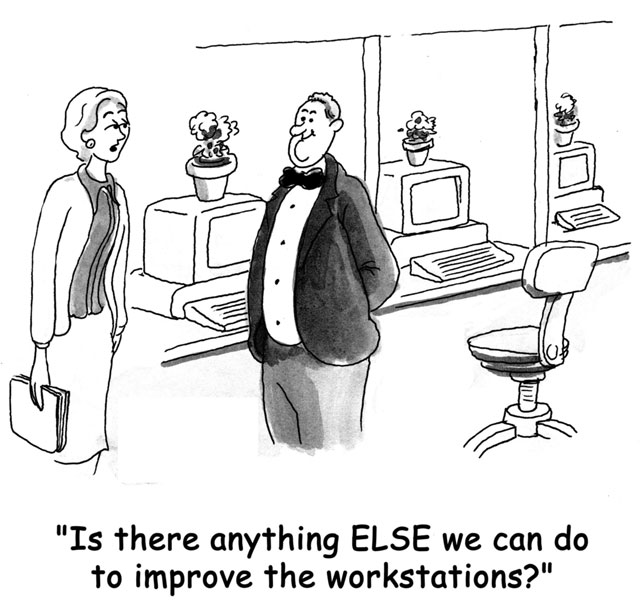 10 Amazing Tech Support Stories That Actually Happened
10 Amazing Tech Support Stories That Actually Happened